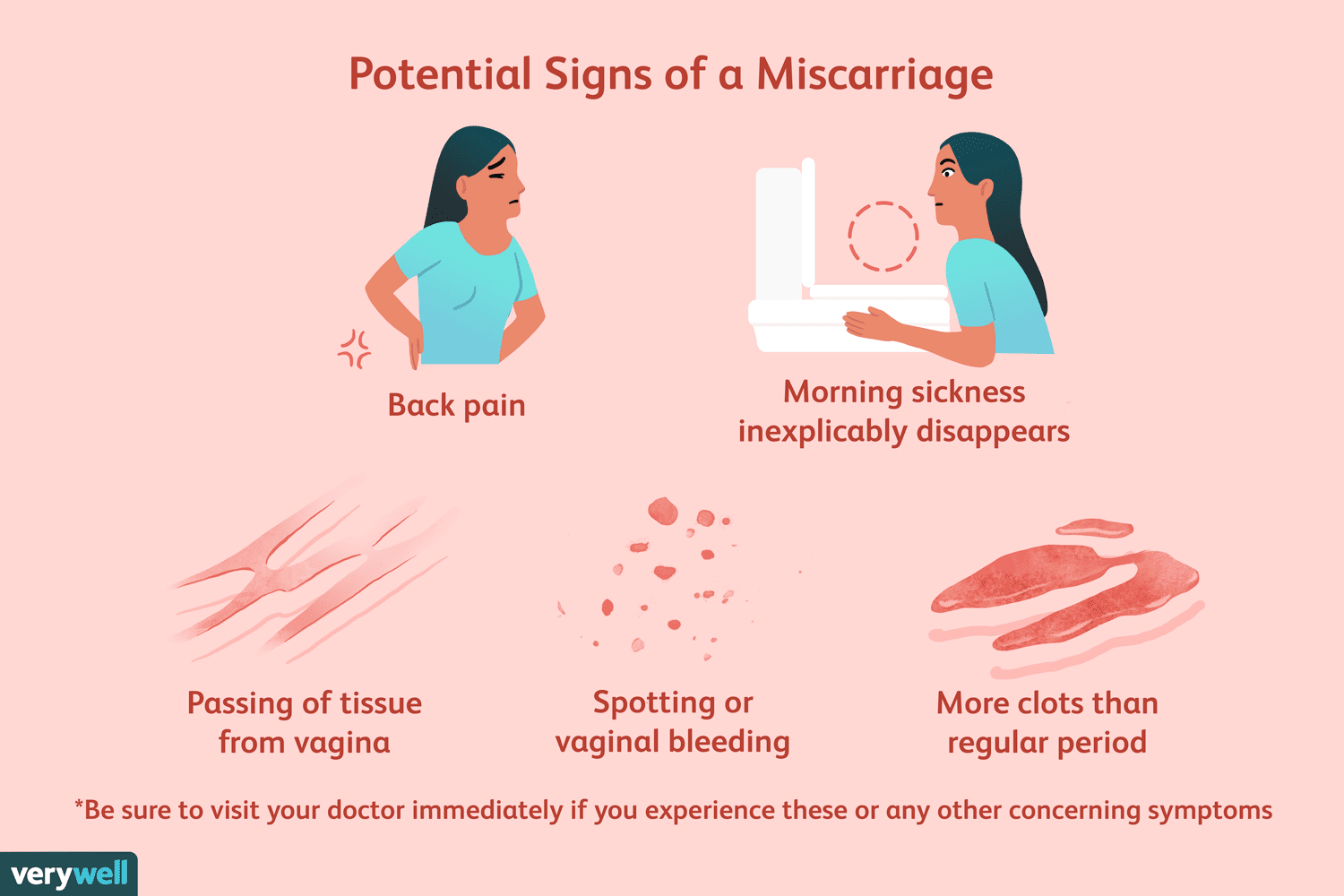What is a miscarriage?
A miscarriage is the loss of a pregnancy during the first 24 weeks. Sadly, miscarriages are a common complication with most miscarriages occurring in the first 3 months of pregnancy (first trimester).
Miscarriages are often referred to as early or late, although, there are other types of miscarriage too.
What is early miscarriage?
Early miscarriage is one that happens in the first 3 months (first trimester) of pregnancy. Most miscarriages are early miscarriages.
Unfortunately, early miscarriages are very common and may happen even before a woman realises she is pregnant. In most cases, it is not possible to give a reason why an early miscarriage happens.
Find out more about early miscarriage.
What is late miscarriage?
A late miscarriage is one that happens after the first 3 months during the second trimester of pregnancy. But before the 24 th week of your second trimester. If a baby dies at or after 24 weeks of pregnancy, it is called a stillbirth.
It can be very hard to understand why a very late loss is called a miscarriage rather than a stillbirth. This is because, from a legal point of view, a baby is thought to have a good chance of surviving if they are born alive at 24 weeks.
This distinction can be upsetting for some women who have a late miscarriage because they may also give birth to their baby and, understandably, feel that it should be called a stillbirth. Late miscarriages are not as common as early miscarriages and happen in 1-2% of pregnancies.

How common is miscarriage?
Miscarriage is more common than people realise. Up to 1 in 5 women will experience a miscarriage in their lifetime. Many miscarriages are unreported and some go unnoticed as it happens so soon.
Miscarriage signs and symptoms
The most common symptom of miscarriage is vaginal bleeding, but there are other signs of miscarriage to be aware of. Contact your GP, midwife or nearest Early Pregnancy Unit if you think you are having a miscarriage.
Vaginal bleeding
Vaginal bleeding is the most common symptom of miscarriage. This varies from light spotting or brown discharge, to a heavy bleed that may be heavier than a normal period.

Light bleeding before 12 weeks (during your first trimester) of pregnancy can be quite common and is not always a sign of miscarriage. However, you should always contact your midwife or GP straight away if you have any bleeding, with or without pain, at any point in your pregnancy.
Bleeding in pregnancy after 12 weeks is not common. Contact A&E or your hospital maternity unit immediately so you can be checked. If you are bleeding, use a clean sanitary pad. Do not use tampons, because they can increase the risk of infection. It’s a good idea to monitor the bleeding and make a note of what it is like, so you can tell your healthcare professional.
Stomach (abdominal) pain or cramping
Some pain and very light cramps in the stomach (abdominal) area in early pregnancy is not unusual. Mild stomach pain in early pregnancy (during your first trimester) is usually caused by your womb expanding, the ligaments stretching as your bump grows, hormones, constipation or trapped wind.
However, cramping and pain in your lower tummy may be caused by a miscarriage. If you have any concerns about any pains you’re having, or even if you just feel like something is wrong, contact your midwife. Do not be concerned about wasting anyone’s time. It’s always best to get things checked out.
Find out more about stomach pain in pregnancy.
Other miscarriage symptoms
When you are experiencing a miscarriage, you may also notice the following symptoms:
- a discharge of fluid from your vagina
- a discharge of tissue from your vagina
- no longer experiencing pregnancy symptoms, such as feeling sick and tender breasts (although these symptoms may lessen or go away after the first trimester)
When to get checked
If you notice any of the symptoms listed above, especially vaginal bleeding or pain, you should contact your GP, midwife or nearest Early Pregnancy Unit straight away. You can also call the NHS 111 at any time of day or night.
Missed (or delayed) miscarriage
Some women do not have any symptoms that show they are having a miscarriage. This is called a missed miscarriage. In this case, women usually find out when they attend a routine antenatal appointment as it may not be possible to find the baby’s heartbeat during the ultrasound scan.
Ectopic pregnancy
Some miscarriages are caused by a pregnancy that develops outside of the womb. This is called an ectopic pregnancy. Symptoms of an ectopic pregnancy usually appear between weeks 4 and 12.
You should seek medical advice immediately if you notice any of the following symptoms:
- persistent and severe tummy pain, usually on one side
- vaginal bleeding or spotting, commonly after the pain has started
- pain in your shoulder tip
- diarrhoea and vomiting
- feeling very faint and lightheaded, and possibly fainting.
Call 999 for an ambulance or visit your nearest A&E department if you:
- have sharp, sudden and intense stomach pains
- feel very dizzy or faint
- feel sick
- look very pale.






0 Comments